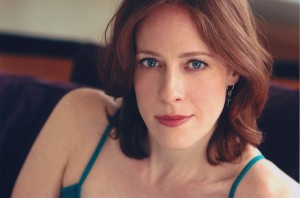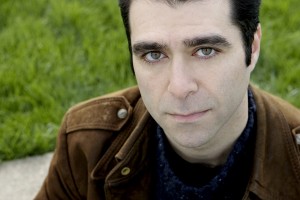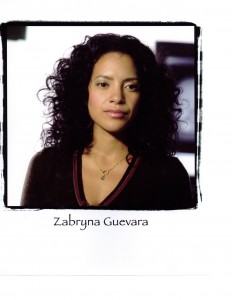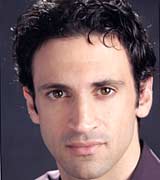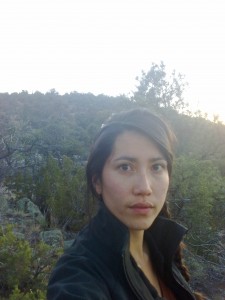Frances Ya-Chu Cowhig in her own words talking about her new play LIDLESS:
“The first thing I started with was a cast size. I like ensemble plays, and I like odd numbers on stage, so I set out to write a play with a cast of five, where each character was integral to the story.
This play was also a reaction against myself and past plays. I was writing something else, something poetic and otherworldly…I wanted to do something much more grounded in some social and political realities.
I began this play in October 2007, when Guantanamo, and the sexual tactics being used by female interrogators, was all over the news. I became interested in this relationship.
For this play, I really had to do what one of my favorite playwrights, Naomi Wallace, calls “Transgressing the Self.” I had to figure out how to become tortured and torturer, and how to explore some messy, ugly things.
A friend of mine was a U.S. Army Medic in Iraq and served in a detention center there. He gave me a red-orange jumpsuit that was the exact kind used for detainees, and lent me duffel bags full of his army clothing. Sometimes I would put the jumpsuit in one chair, and an army jacket in another, and look at them while writing. Sometimes I would put on the jumpsuit and write from the perspective of the detainee, then put on the army clothes and write as the interrogator. I tried writing with a bag over my head, at all times of day and night, to find different points of entry into the characters.”
THE MEANING OF THE TITLE:
“LIDLESS is the title of a poem my brother once wrote, about living without eyelids. About being forced to always see what is happening, what you are doing, and never being able to look away. For a lot of their lives the characters in the play are asleep, dreaming, unwittingly or on purpose. During the play they try to wake up.
The most powerful theater experience I ever had was one where I couldn’t speak for hours afterwards. I just left the theater and wandered around alone in the snow, letting the play sink into me. One of my teachers at Dell’Arte, Daniel Stein, says that the goal of theater is to change the way we breathe. Visceral, deep body experiences are what I seek to create in the theater, and what I hope to give the audience.”
The Contemporary American Theater Festival is producing the U.S. Premiere of LIDLESS in our 2010 Repertory. I am looking forward to directing Frances’ new play. And… I am looking forward to introducing you to this extraordinary playwright at the Theater Festival in July.
LIDLESS will be performed in the intimate STUDIO THEATER. The seating is limited…so please make your ticket reservations early. The STUDIO THEATER often sells out.
Please share your comments to this posting. I am interested in your reaction to Frances Ya-Chu Cowhig’s ideas and inspiration for writing LIDLESS.
Ed Herendeen

